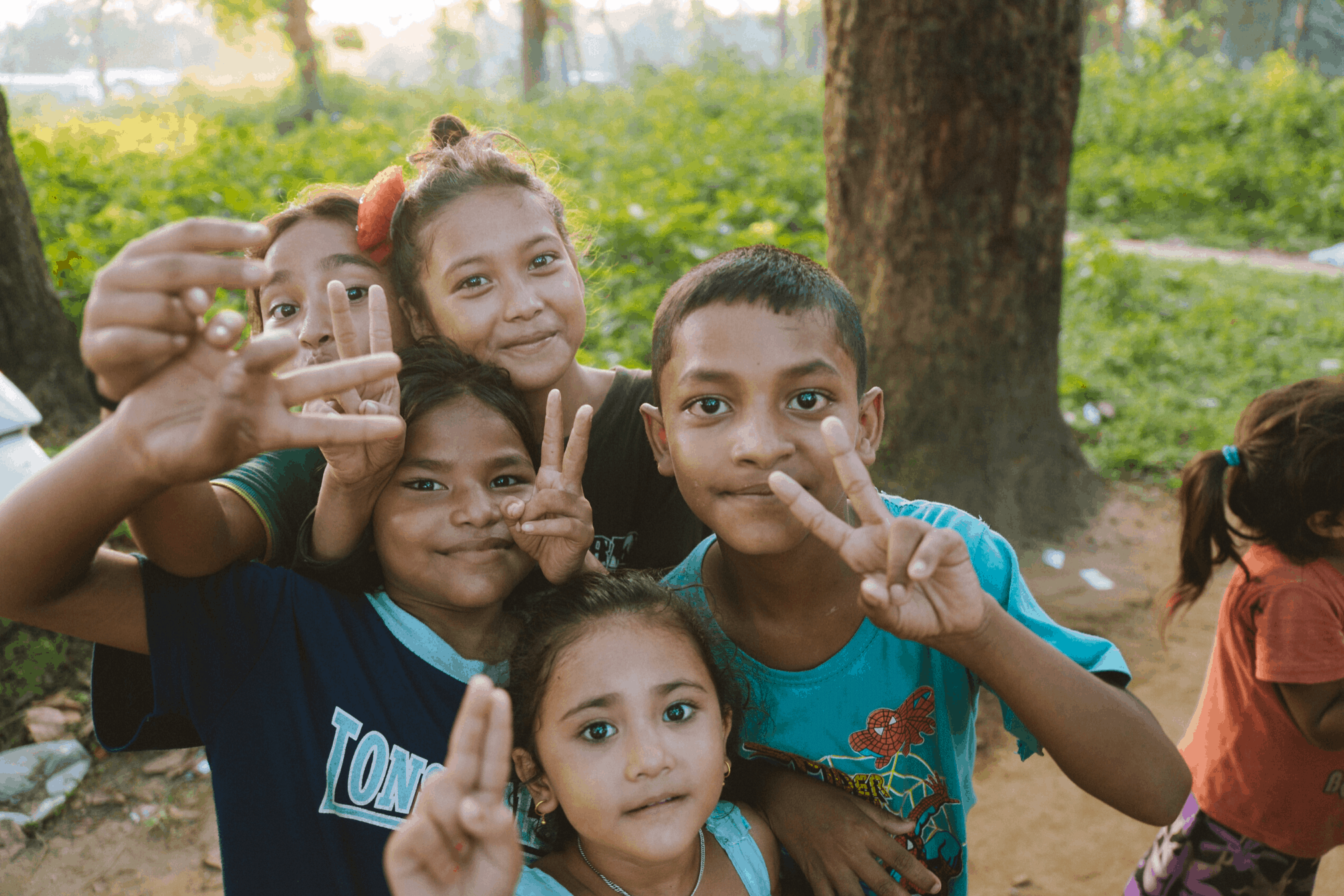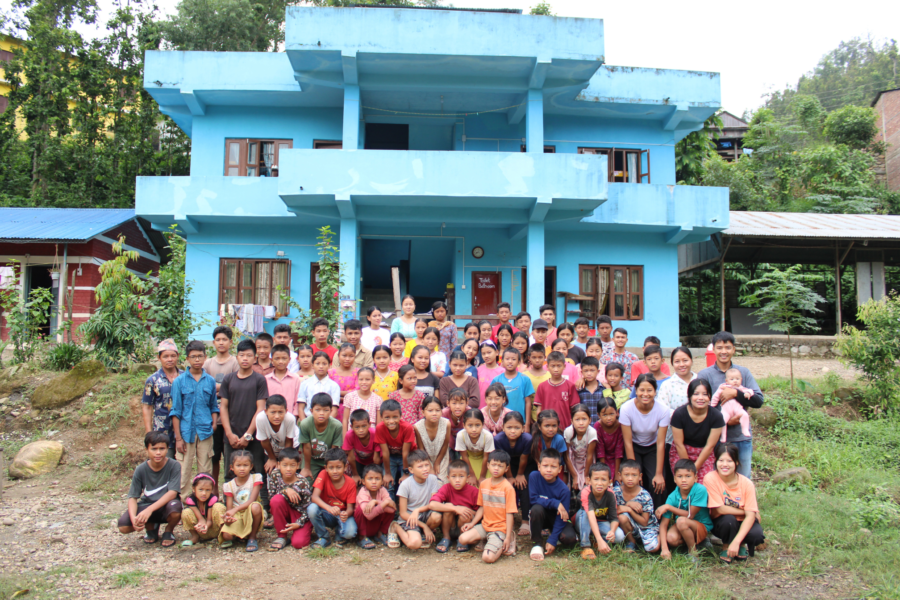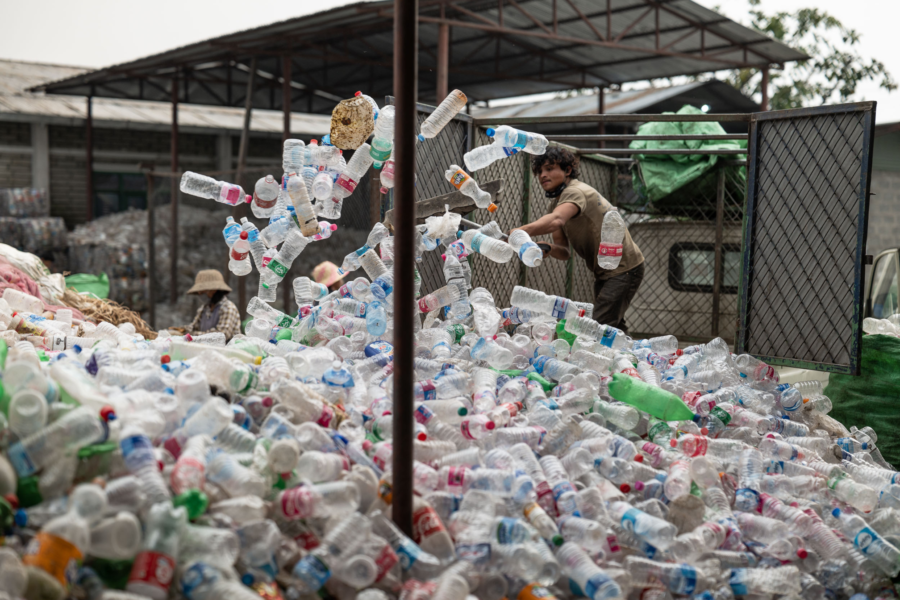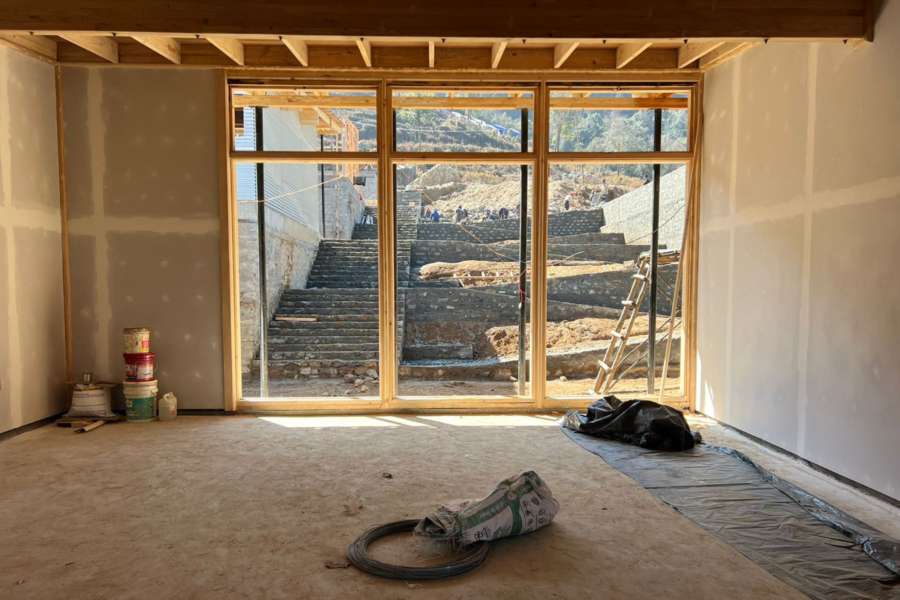Global Conversation: Reduced Inequalities
This is the fourth (and final) chapter of our Global Conversation series, relating to the UN’s Sustainable Development Goals. If you’ve missed a previous post, you can find them here.
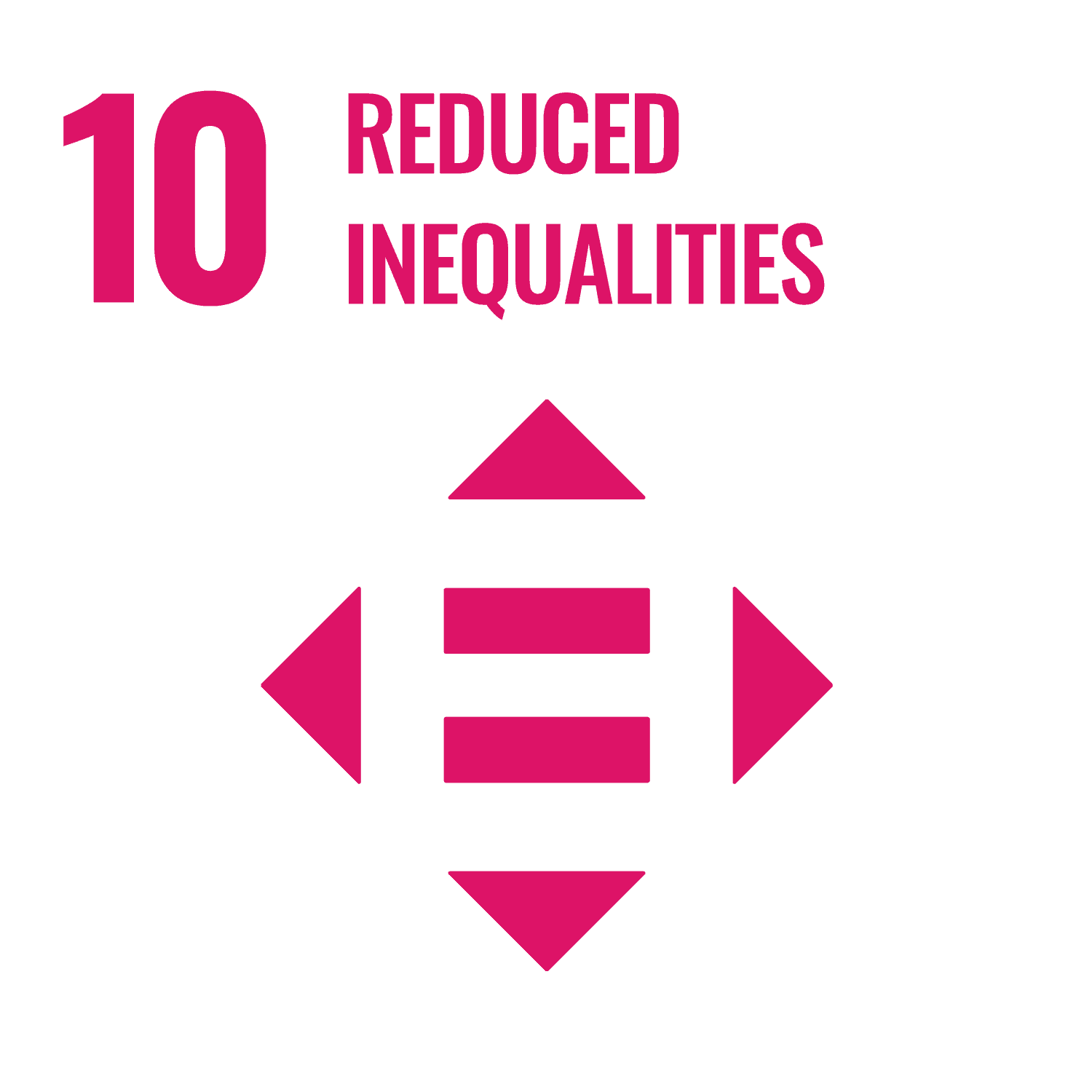
Today we are going to look at Goal 10: Reduced Inequalities.
A main target for the achievement of this goal is the substantial reduction of barriers to equality within and between countries. Inequality counteracts long-term social and economic development, while also dismantling poverty reduction measures and suppressing the ability of all people to achieve empowerment. This can lead to heightened crime, vulnerability to disease, and environmental degradation. When certain people or groups are excluded from opportunity and the chance for a better life, sustainable development becomes unachievable.
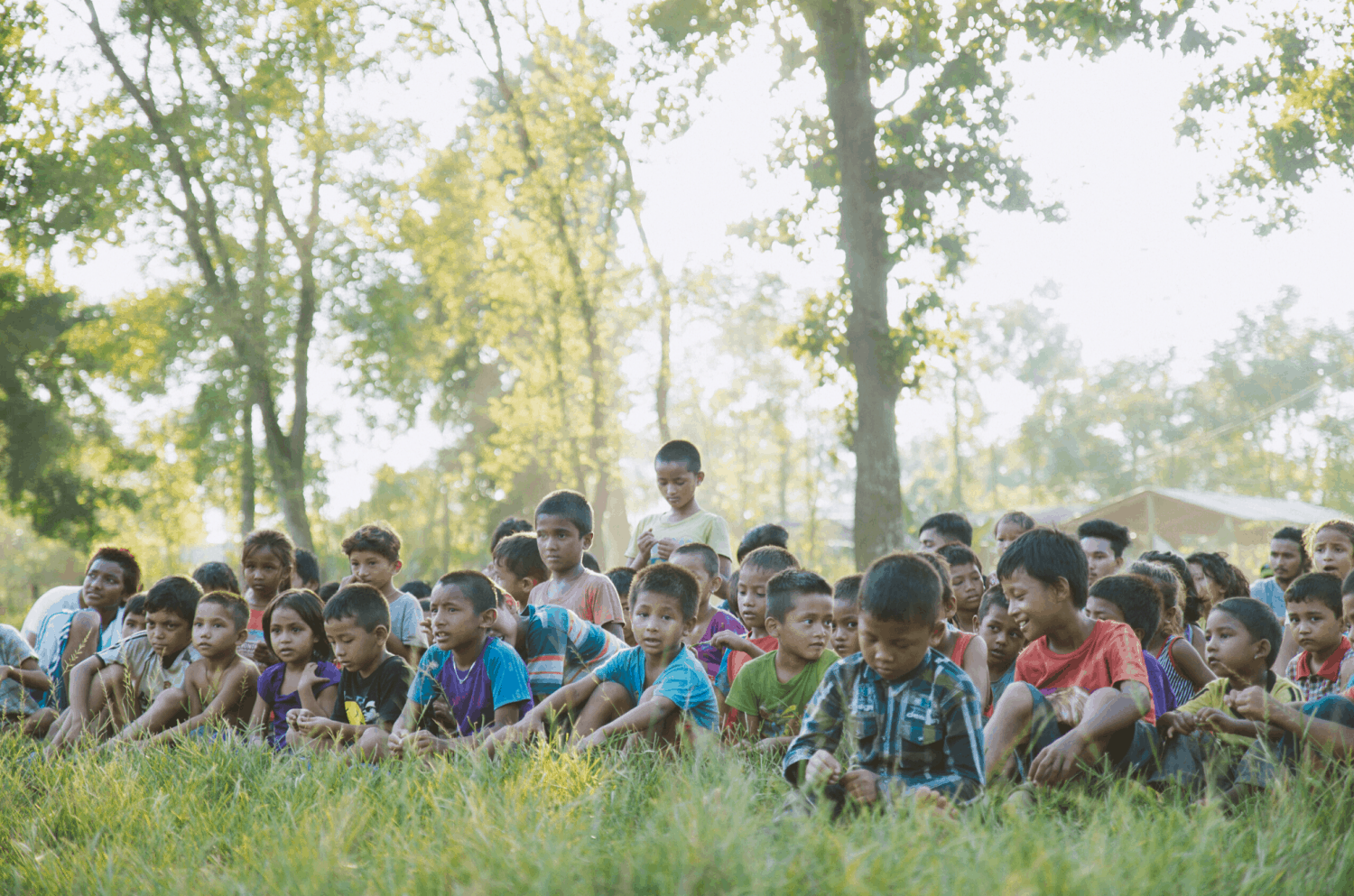
How is Himalayan Life addressing this goal?
In Nepal, there is a social dependence on the traditional caste system. The caste system comes from the Hindu religion where different ethnic groups were characterized by holiness and social status*. In this system, your family’s ethnic group dictates how you are (or not) given dignity in the Hindu religious and social framework. It proves to be one of the largest social issues in the country as it allows for unequal opportunities across all fields, including access to education, housing and jobs.
The lowest caste of this system is the Dalits or the “untouchables”. Although street children come from all different castes, they are treated as if they are the lowest of the low. This can lead to a mindset of disempowerment and low self-worth for street children. When street kids are treated as dirt, they internalize it and start to believe they are only worth the dirt at the bottom of their shoes.
Across all our projects we seek to transcend social hierarchies with the inclusion of children from all ethnic groups. Our Child Activation Programs (CAP), Teenage Activation Programs (TAP) and our sports camps in Pokhara and Chitwan work to reduce inequalities through play. This allows the kids to begin the process of “unlearning” the caste system as it is traditionally understood.
In these programs, we connect children of different communities together through their shared joy of play! By making a concerted effort to connect and engage with children from all backgrounds, we have been able to cultivate a safe space of inclusion for thousands of kids. Large-scale reduction of inequalities requires transformative change. By allowing boys and girls of all castes to play together, the social hierarchies disappear, leaving room for self-worth and dignity to be nurtured.
For more information on our day camps, visit our Projects page.
To learn more about the Sustainable Development Goals, visit the UN page.
* https://journeys.dartmouth.edu/NepalQuake-CaseStudies/caste-based-inequality/#background

